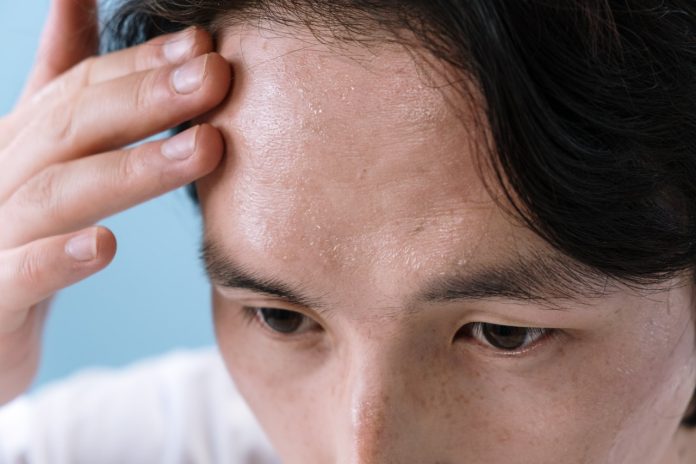
When you think about it, it’s kind of strange that your pores leak salty fluid when you’re hot or stressed. Why do you sweat- is there a purpose to doing it?
Your body has an automatic way of producing sweat and firing up your sweat glands. If you’ve ever wondered how it all works, here’s the answer!
What is the purpose of sweat?
Sweating is a little odd when you think about it, but your body knows exactly what it’s doing. It’s simply a response triggered by movement, energy, or a rise in temperature.
Sweating is also a part of your fight-or-flight response. When you are nervous, your body prepares to run away or attack as a survival instinct.
This activates your muscles, which causes you to overheat. Sweating is your body’s response to cool you down. It’s built-in to your body so that it can regulate itself and survive high-stress situations.
This is similar to when you have a fever. Your body uses a lot of its energy to fight the infection inside of you. Using all of that energy causes your body to overheat, leading to those nasty cold sweats.
How does it work?
The heat outside of your body stimulates the temperature receptors inside your body. The receptors then send a message to the hypothalamus, which controls the temperature in your body. From here, the hypothalamus begins working on regulating your temperature so that you don’t overheat.
The hypothalamus sends signals throughout the sympathetic nervous system so that the sweat glands all over your body are activated.
Your pores then release this salty liquid in an attempt to soak up the heat on the surface of your skin. When the water in your sweat absorbs your body’s heat energy, your temperature can regulate again.
As soon as it soaks up the heat energy, the sweat begins evaporating off of the surface of your skin.
So why do you sweat? It’s to help your body stay cool and regulate your internal temperature!
Here’s another article you may enjoy: This is What Happens When You Don’t Sleep…



















